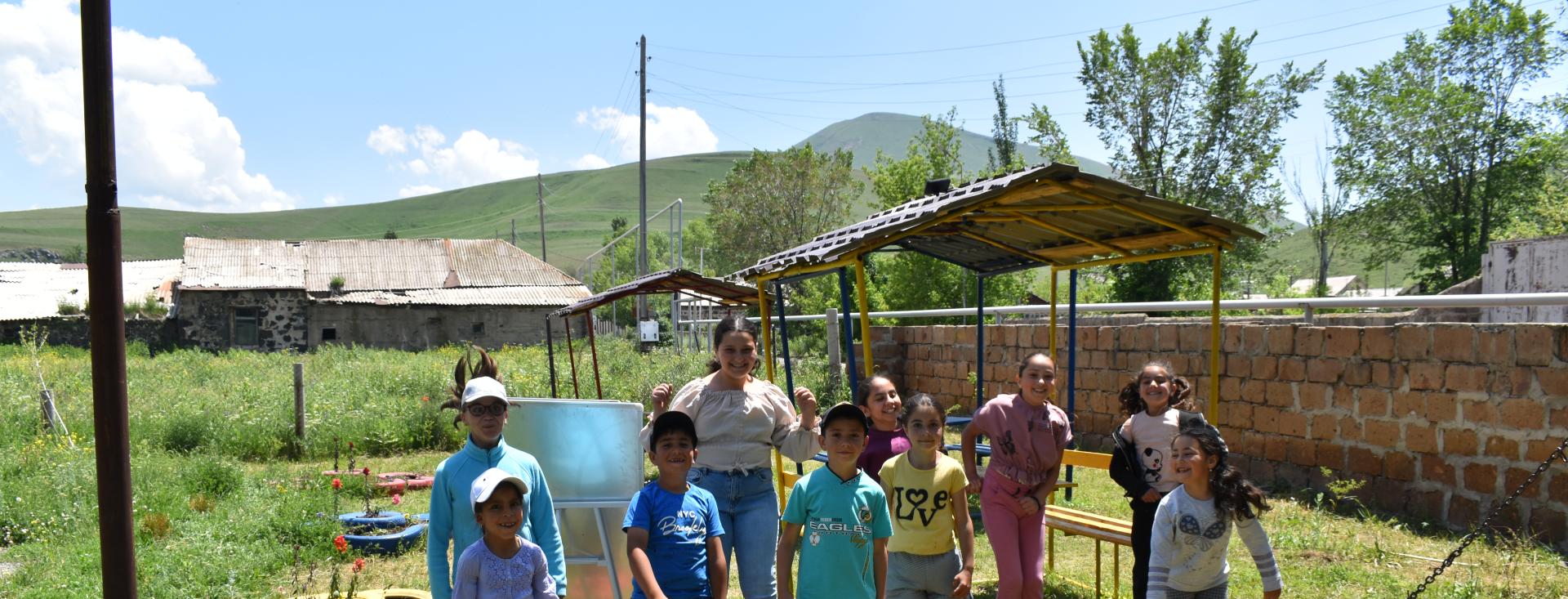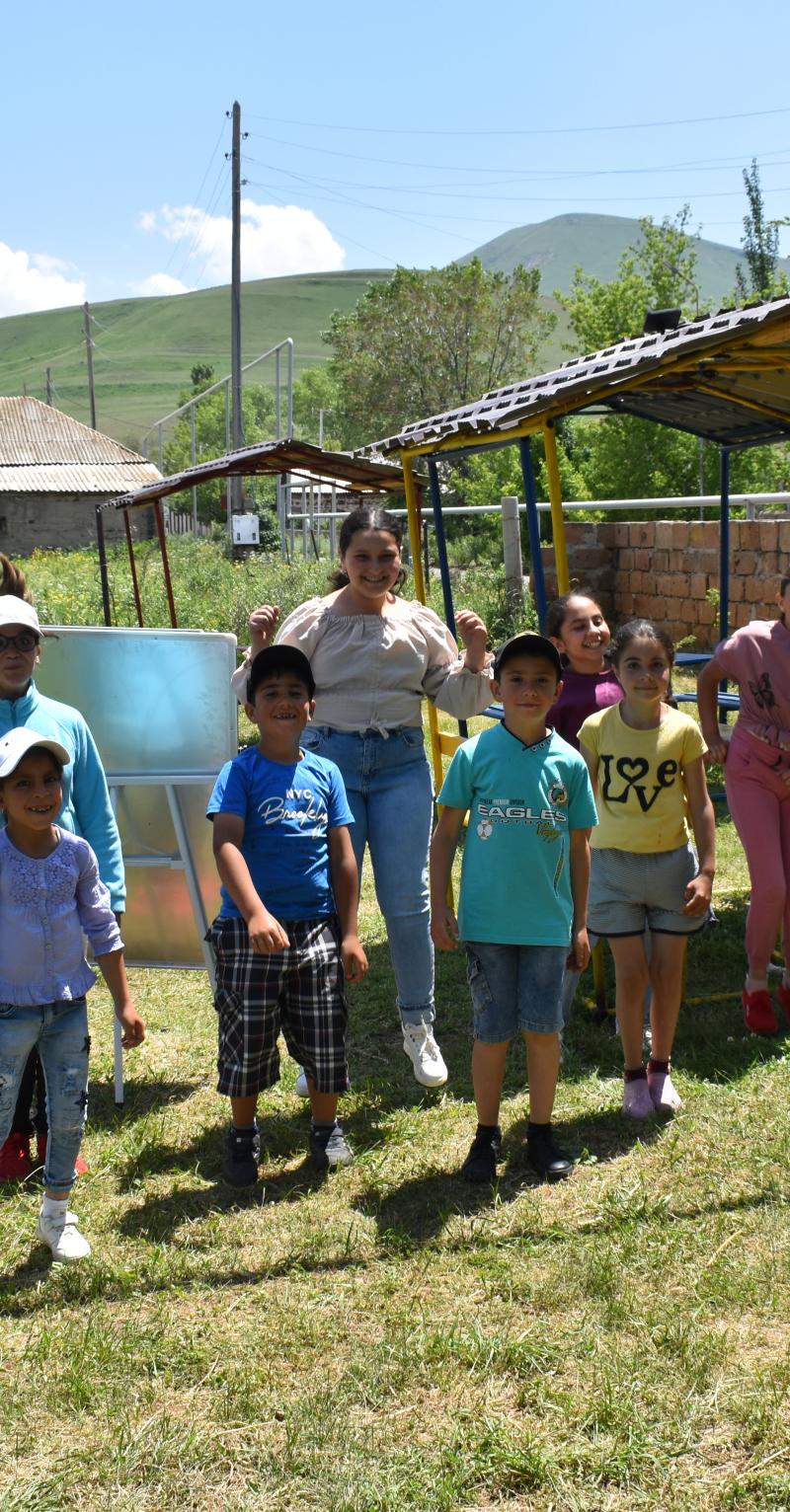Overview
Transformational teachers collectively explore the purpose of education with students, families, and community members. These teachers align their daily efforts to a locally rooted and globally informed vision of student leadership emerging from those conversations.
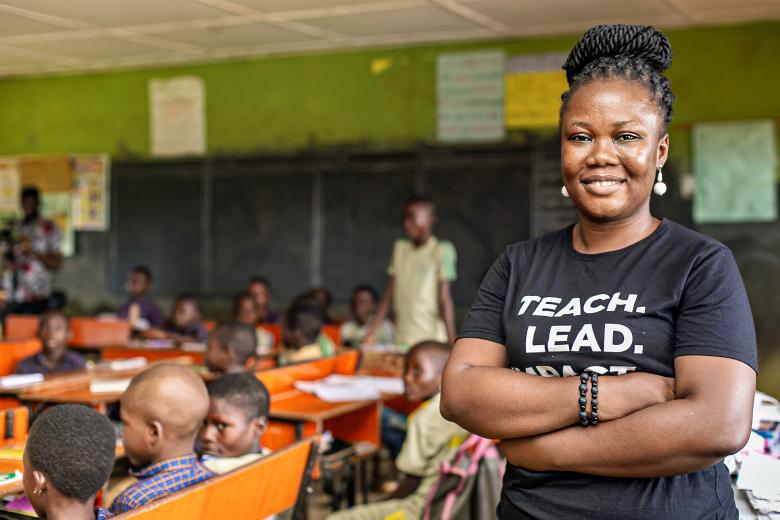
Discover
Check out this compilation of student, teacher, and family voices from around the world, all asking what is the purpose of education, and who decides and how? And what student outcomes align with growing students as leaders of a better future?
Learn
Who decides why. Think of that as a statement, not a question. And that idea is the starting point for teachers in classrooms that grow student leadership. These teachers critically question education’s purpose as well as who has been and who should be at the center of determining that purpose. Transformational classrooms demonstrate perspectives, actions, and outcomes that align to a longer-term vision of student success that shares three characteristics:
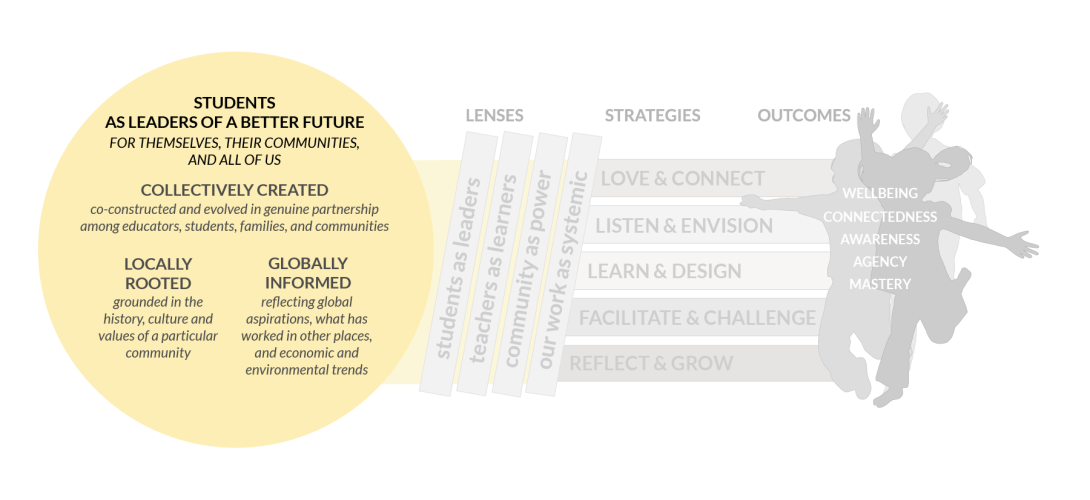
“Our classrooms and the model of teaching have to change in a manner that children don’t just come to school to acquire knowledge, but rather come to school to try out the knowledge. Our schools must become hubs of solving community problems rather than just teaching about our problems.”
— Charles Obore, Teach For Uganda alumnus
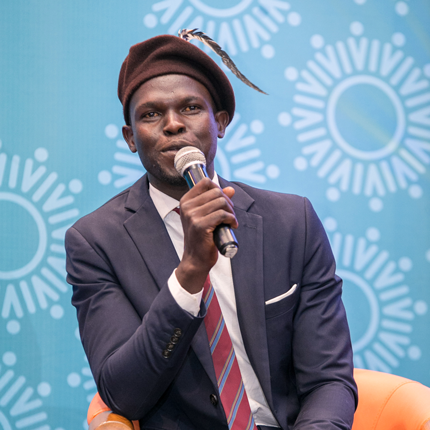
“Our classrooms and the model of teaching have to change in a manner that children don’t just come to school to acquire knowledge, but rather come to school to try out the knowledge. Our schools must become hubs of solving community problems rather than just teaching about our problems.”
— Charles Obore, Teach For Uganda alumnus

Do
See how transformational practitioners and programs around the world are co-creating purpose and explore other recommended resources:
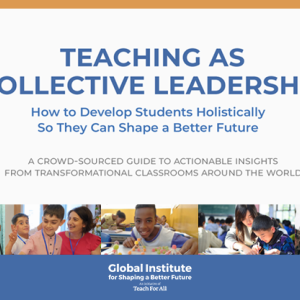
TACL
Teaching As Collective Leadership Guide (TACL) Guide
Over the past six years, more than 4,500 students, teachers, teacher coaches, community members, program designers, CEOs, researchers, and policymakers from across and beyond our network of 60+ partner organizations have contributed to these crowd-so...
TACL
Why: Collective, Contextualized Vision
Through this video from 2014, virtually visit communities and classrooms around the world and learn from educators, families, and students about the power of asking WHY. Explore the power of contextualized visions of student success to inform classro...
Pagination
Share
To share your insights, questions, resources, and challenges related to developing visions of student success, create a post on our Padlet using the "+" icon.
In this Padlet, the content is both user-generated and subject to moderation to ensure a safe and engaging experience.
Our Glossary
In our attempt to capture the real spirit of the classrooms we have studied, we have sometimes intentionally used words and phrases in a slightly unusual way.
We invite you to learn more about our language choices by exploring our Glossary.
